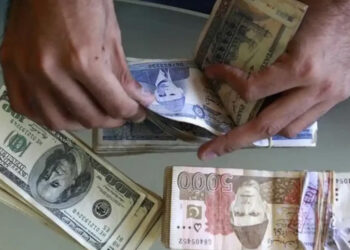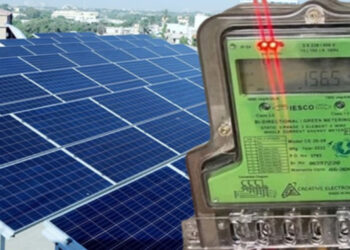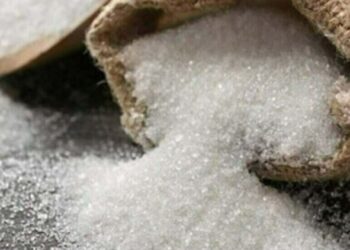KARACHI: Due to the absence of an effective price control mechanism, traditional Pakistani meat dishes made from mutton and beef have become increasingly unaffordable for a significant portion of Karachi’s middle-class population during Ramadan.
This disparity arises from the substantial difference between merchants’ rates and the officially designated prices for these commodities.
Despite the city administration’s efforts to crack down on what it terms ‘profiteering’, the enforcement of official prices has proven unsuccessful thus far. Meat sellers continue to set their prices, leaving consumers to pay between Rs2,000 to Rs2,300 per kilogram for mutton and Rs1,200 to Rs1,400 per kilogram for beef, significantly higher than the city’s fixed rates of Rs1,700 for mutton and Rs800 for beef per kilogram.
“It is economically unfeasible for merchants to adhere to the government’s ‘unreasonable’ price notifications,” Haroon Qureshi, president of the Meat Merchant Welfare Association (MMWA), was quoted as saying in Dawn.
He attributes the soaring retail prices to increased wholesale rates and the escalating export of meat, with a significant number of animals being procured by exporters from Karachi’s cattle markets.
Furthermore, Qureshi criticizes the lack of consultation with meat sellers by the commissioner’s office when determining meat prices. Despite assurances from the commissioner that rates would be revised in consultation with stakeholders, prices were fixed without their input.
Meanwhile, Pakistan’s meat and meat preparation exports have surged to 70,458 tonnes ($288 million) in the first seven months of FY24 from 50,235 tonnes ($227 million) in the same period last year. This increase of 40% in quantity and 27% in value is attributed to investments in expanding chilling and freezing capacities, as well as diversification of exports to new markets like China and South Africa.





































